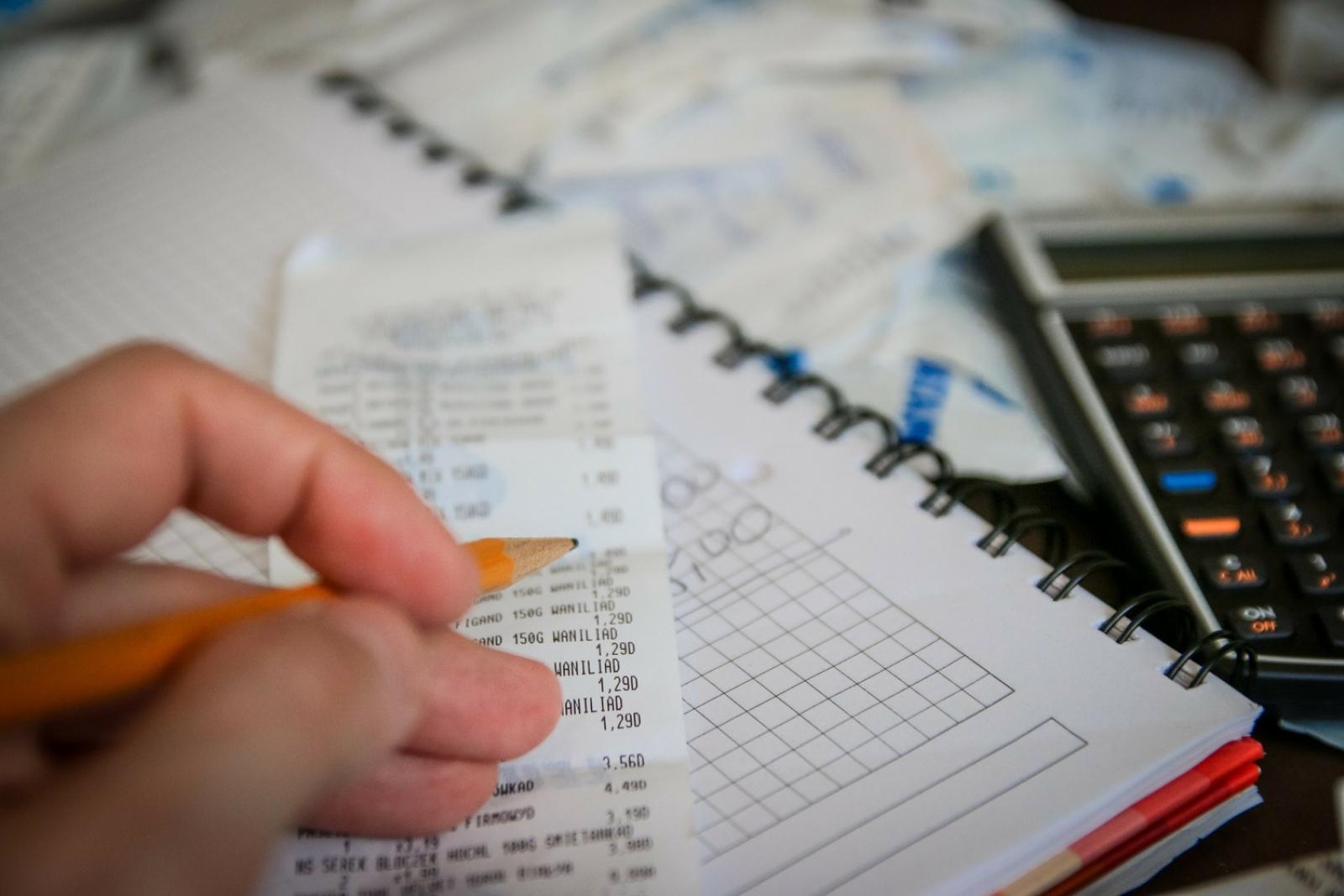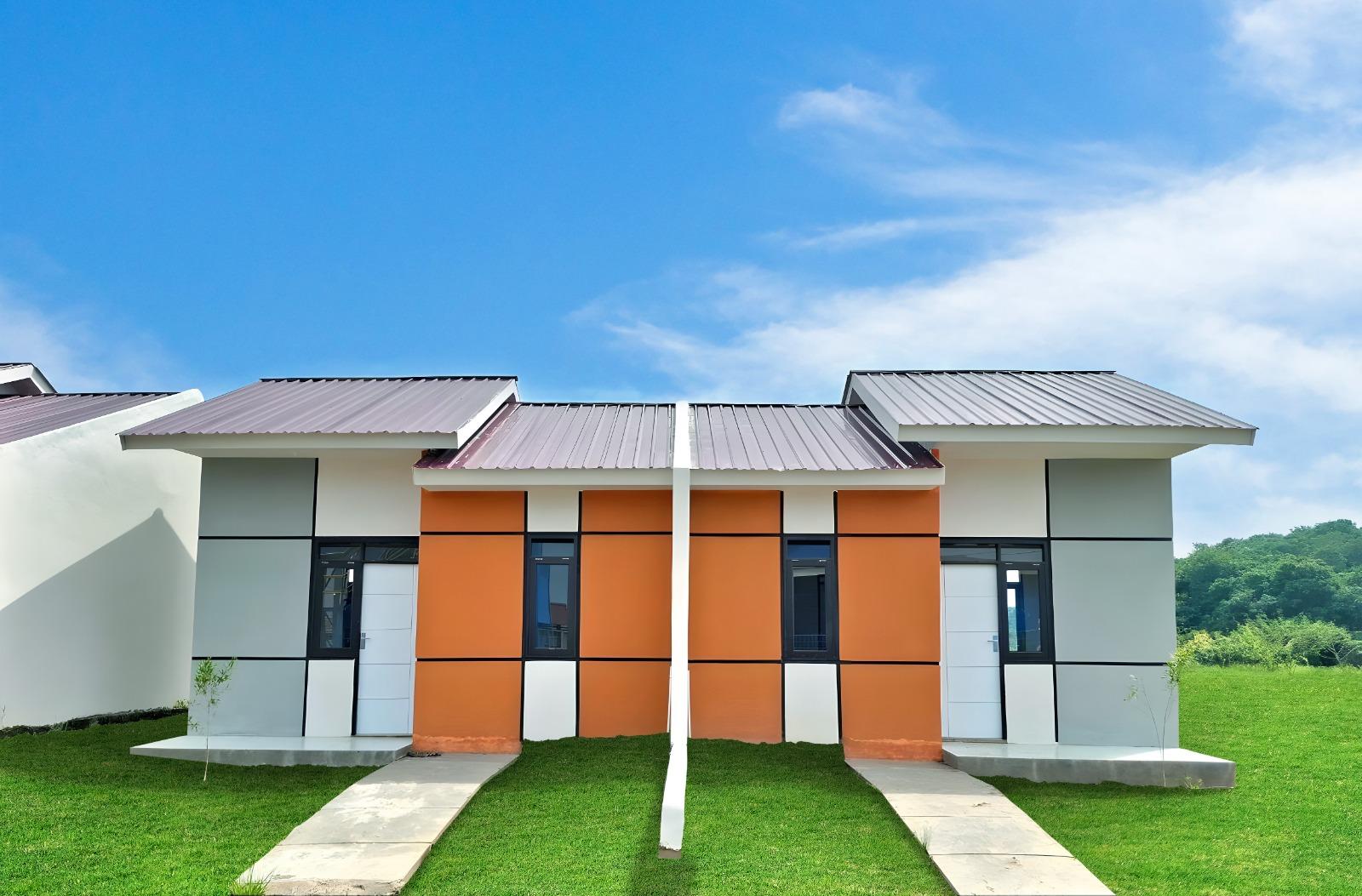South Korean prosecutors have revealed that crypto-powered drug trafficking is on the rise nationwide.
The Supreme Prosecutor’s Office’s Narcotics and Organized Crime Department released its latest Drug Crime White Paper on June 26, Seoul Kyungjae and Chungcheong Today reported.
Crypto-powered Drug Trafficking Spiralling: South Korean Police Fight Back
According to this document, police arrested 27,611 people for drug-related offenses in the past 12 months, a whopping 50.1% increase from 2022.
The paper’s authors said that the “main factor” driving the rise was a “change in the patterns” of drug trafficking.
The authors said that in the past, drugs were sold in person. But traffickers now prefer “non-face-to-face transactions,” and are using “anonymity-protecting solutions” such as “cryptocurrency and secure chat apps.”
The vast bulk of these crimes are now conducted via Telegram, prosecution officials explained. And in most cases, dealers ask for payment in tokens such as Bitcoin (BTC).
The figures represent an increase of nearly 7 times compared to 2019 statistics.
🚨🛑 South Korean Police in Uphill Struggle Against Crypto-powered Drug Crime?
📊 Police investigations into crypto-powered drug crime in South Korea stretch back to 2018, with recent data revealing a surge in arrests up to the end of 2023.
🛡️ The nation is grappling with what…
— Maud Vivienne $FAME (@vivienne77292) February 29, 2024
More Women Using Crypto-powered Drug Trafficking Networks, Data Shows
The white paper also pointed out other “worrying” trends, including a rise in drug crimes involving non-Koreans and women.
The data shows that 32% of those arrested were female, while 3,151 foreign nationals were arrested for drug-related crimes in the same period.
In many cases, these crimes have involved smuggling networks, with Southeast Asian nationals and South Koreans using drug mules to cross borders with narcotics.
South Korea’s strict anti-drug policies have previously enjoyed success, a fact that has driven up the street value of narcotics.
The Busan High Court on Thursday handed down a 30-year prison sentence to the leader of a crime ring that smuggled 165.6 billion won ($125.7 million) worth of methamphetamine into the country. https://t.co/N0Zr7yQZvA
— The Korea Herald 코리아헤럴드 (@TheKoreaHerald) March 14, 2024
Many have sought to capitalize on this by buying narcotics for lower prices in Southeast Asia, before selling them in South Korea.
Teen Crypto-powered Drug Trafficking Rockets
More concerning still, the paper noted, was a sharp rise in teen crypto-powered drug crime.
The number of drug offenders aged 19 or less stood at just 239 in 2019, but has since ballooned to 1,477 last year.
The proportion of teenagers among all drug offenders has shot up from 1.5% to 5.3% in the same period.
Prosecutors noted that 241 teenage drug offenders were arrested in April this year alone.
In 2019, only 241 of all the drug offenders arrested were students. However, the latest figures have jumped up to 1,347.
The CEO of a South Korean lithium battery manufacturer apologized following a massive factory fire that killed 23 workers, but said the company had complied with all required safety precautions and training https://t.co/I1p29R46Ww pic. .com/m8huDmUhqA
— Reuters (@Reuters) June 25, 2024
By nationality, the largest number of foreign nations arrested in South Korea for drug offenses was Thai, with 1,149 arrests.
Hundreds of Chinese and Vietnamese nationals were also arrested in the same period, as well as 177 United States nationals.
Officers pointed to a rise in national “branch-type distribution organizations,” which “take advantage of the anonymity of the dark web, security-focused encrypted messaging apps, and cryptocurrencies.”
Prosecutors said they intended to respond by “strengthening” overseas “cooperation networks” with their overseas counterparts.
The prosecution service has recently sent several investigators to the Thai Office of the Narcotics Control Board.
In addition, prosecution officials said the Seoul Central Prosecutors’ Office had teamed up with the Incheon District Prosecutors’ Office, and the Busan District Prosecutors’ Office.
The three offices have begun operating a Dark Web Investigation Team that specializes in “investigating social media platforms.”
Police Thwart ‘Korean-Vietnamese Drug Smuggling Network’
Officers have also spent money on an Internet Drug Crime Information Acquisition System, as well as solutions that let them monitor blockchain protocols.
They have also been working closely with domestic crypto exchanges in a bid to crack down on crypto-powered drug crime.
Police in North Chungcheong Province, meanwhile, have released their own data on crypto-powered drug crime.
This points to a 5.6-fold rise in drug crime in the province over the past decade. The province’s police force last month arrested 34 suspected gang members on drugs-related crime charges.
Officers confiscated drugs with a street value of over $1 million from the gang’s hideouts, seizing ketamine, methamphetamine (crystal meth), and synthetic marijuana.
Police said officers caught the group after “analyzing Telegram messages, cryptocurrency flows on blockchain networks, and CCTV footage from over 1,000 locations nationwide.”
North Chungcheong Province Provincial Police Agency officials said the group “smuggled drugs from Vietnam via international courier services.”
They then reportedly liaised with “buyers” via the Telegram app. And, officers concluded, they transacted via a “cryptocurrency agency” to avoid police detection.





